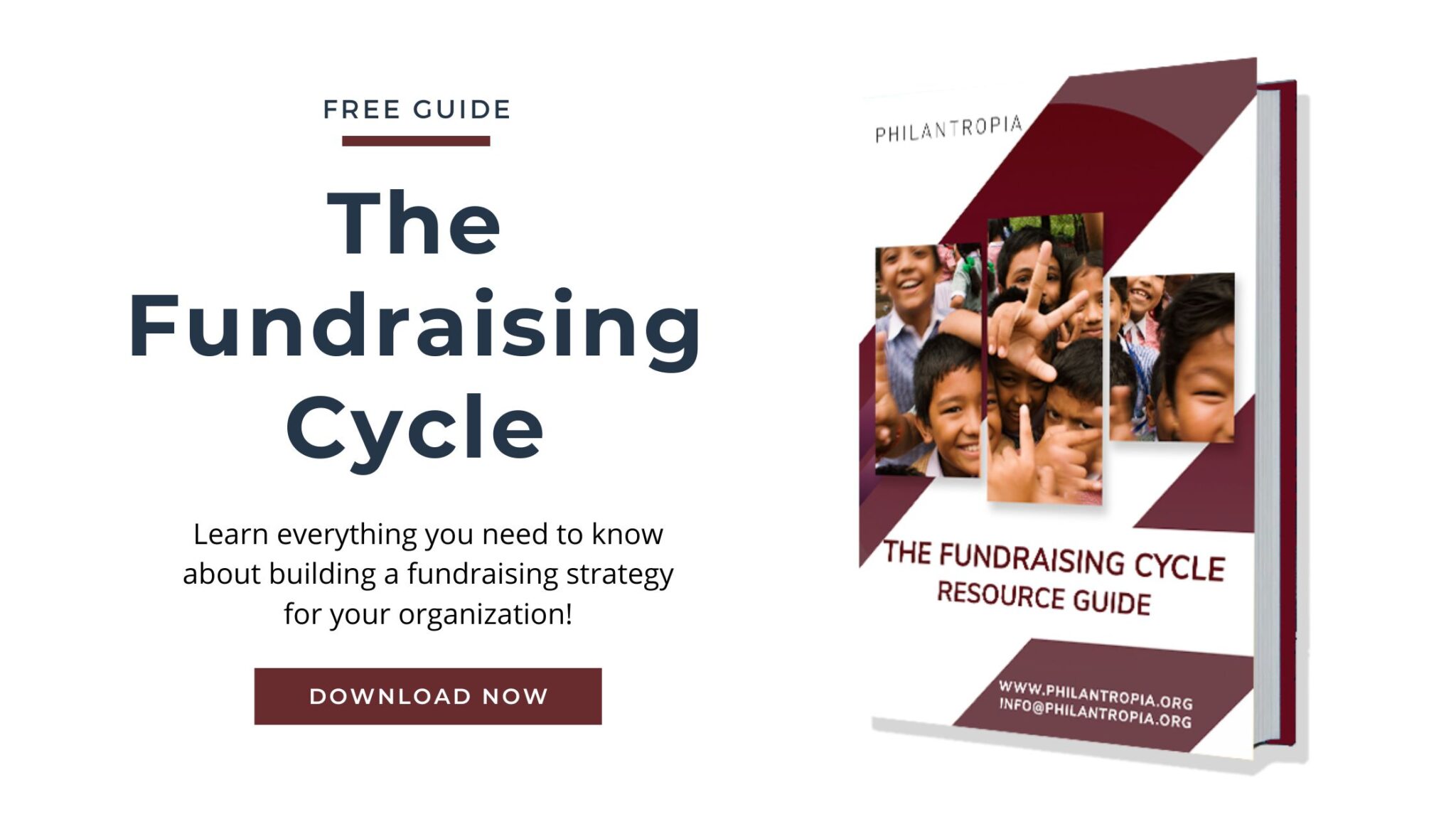Some donors require you to make statements about risks and assumptions in your project proposal. But what does that actually mean? And why does a donor want to know this information? In this article, we will look at the meaning of those two words and their role in a proposal.
An assumption is a statement that you assume to be true. Without assuming certain things planning would be impossible, as we never know for certain how the future will look like. We have to assume our government keeps working, our organization will keep existing and the weather will follow its usual pattern. Sometimes we look at these things as if they were facts, but in reality, they are just assumptions, as we cannot be 100% sure. Here are a couple of examples of assumptions in a project proposal:
- All building materials will be available in the market before the project start
- The legal framework will not change drastically in the near future
- The pattern of rain will not change in the near future
A risk is an assumption with a higher level of failure. It is an event that could happen with a notable probability and could affect the outcome of your project substantially. You have to take risks into account when planning your project as they might change the entire setup if the event actually occurs. They might even end your entire project if they occur. Here are a couple of examples of risks in a project proposal:
- After an election, a different political party is in charge that does not support your agenda
- Natural catastrophes like floods or landslides hamper the success of your project
- The pattern of rain will change in the near future
As you can see we used the example of changing rain patterns in both sections. Traditionally, it was safe to assume weather patterns would not change and are reliable. With current developments like climate change, this has increasingly become a risk though, as the probability of it happening has increased substantially. For continental countries, it might still be ok to assume the weather will stay similar, for countries that battle drought or some island states it is definitely a risk. Depending on where in the world you are, weather patterns can fit into both categories.
Donors want to know about the assumptions you make and the risks you identified to evaluate if your project is worth supporting. If the risks of failure are too high, they might not fund you. At the same time, if your assumptions are not logical, this might also hurt your prospects of getting funded.
How can identifying risks and assumptions help my proposal?
Identifying risks and assumptions while developing your project proposal can help you write a stronger proposal. You will have to dig deep to truly understand the situation at hand. Furthermore, it shows you what you have to look out for during the implementation of your project and what could be possible stumbling blocks. Identifying risks and assumptions also show your donor that you have real knowledge of the situation in the community and that your work is valid.





Thanks very much for this article.Our NGO is newly registered in the United Republic of Tanzania.Its main objective is”Economic Empowerment to the poor people “. I wish I could partner with any similar NGO (locally or internationally). I find it hard to get to that point.Any help,please.
Great! I’m not a professional in project management and your article really helped understand the difference. It looks though that there is a slight typo error in the text.
Dear Eric: Thank you for pointing it out. We have edited the file. 🙂
Found this article useful. I am teaching a course called Community Planning at our university and we talk about risks and assumptions!
I’m glad you found this article helpful!
🙂
Article has help me to contextualize the use of these two terms or words when reporting or expressing interest.
Dear Minsozi, I am glad that the article is helpful to you.